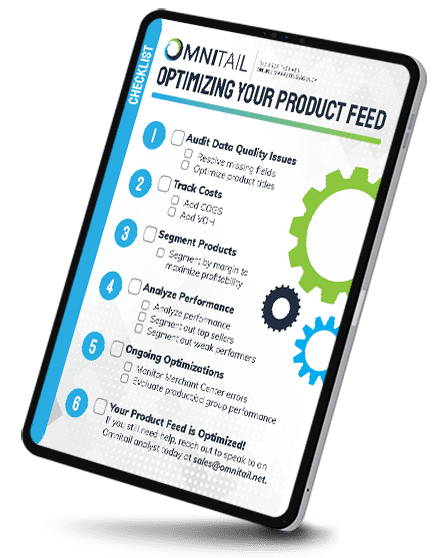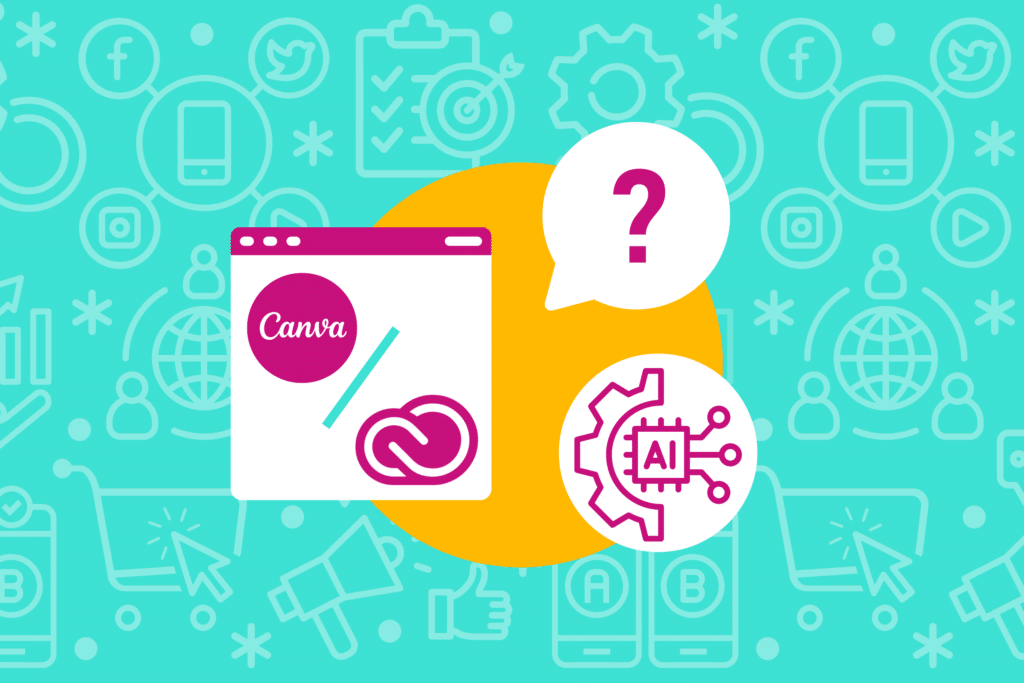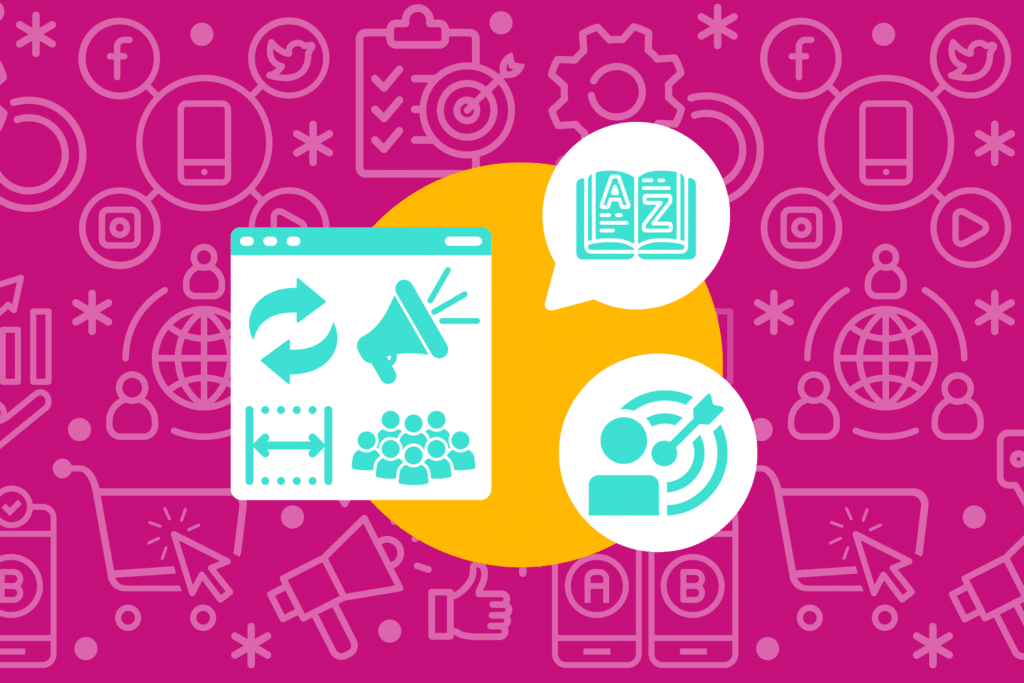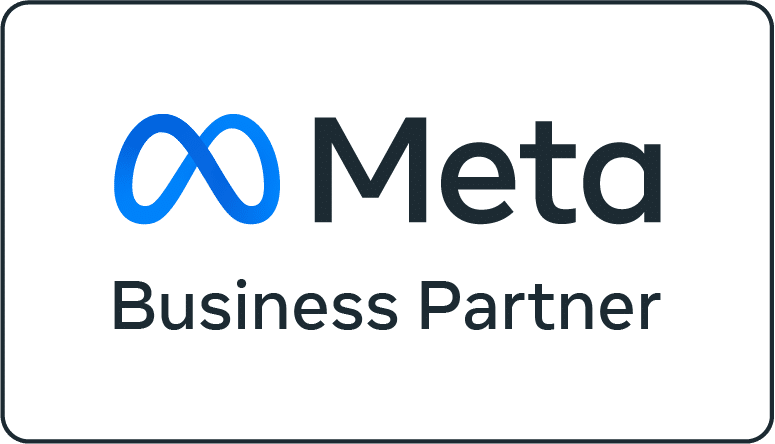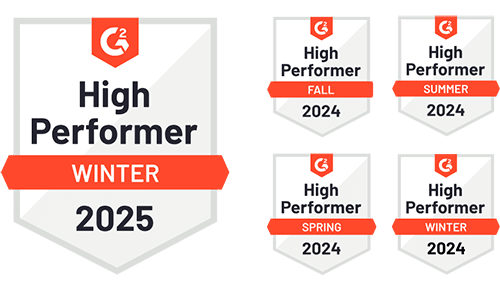eCPC stands for “enhanced cost per click.” As a Google smart bidding strategy, it utilizes Google’s algorithm to adjust your bid to drive the maximum number of conversions. It can be used on both the Google Search and Display Network.

What is ECPC bidding?
Here’s how it works. Imagine your max CPC bid is $0.50. If a conversion is likely (but bids are trending a little pricier than your max bid) Google will raise your bid, maybe to $0.75, in order to show your ad. On the flip side, if your ad is going to show at your current max bid and Google thinks your ad is less likely to lead to a conversion, then Google will lower your bid. In this example, your bid might be lowered to $0.25.
Similarly, if CPCs are out of your budget for a particular auction, Google could lower your bid (sometimes even as low as $0) to avoid the auction all together. Google does this in order to direct your spend only to ad auctions that are 1) likely to result in a sale and are 2) winnable in your current bid range.
How much can ECPC bidding increase your bid?
In the past, eCPC bidding could only adjust your bid 30% higher or lower than your max CPC bid, but following an update in 2017 eCPC bidding can exceed that limit and is essentially uncapped. Google reassures users by saying that eCPC attempts to stay close to your max CPC.
Scenario: Your max CPC bid is $0.50. You have ECPC bidding turned on. If a conversion is likely, Google will raise your bid. In this case, Google raises your bid to $0.75. On the flip side, if Google thinks your ad is less likely to lead to a conversion, then Google will lower your bid. In this example, your bid is lowered to $0.25.
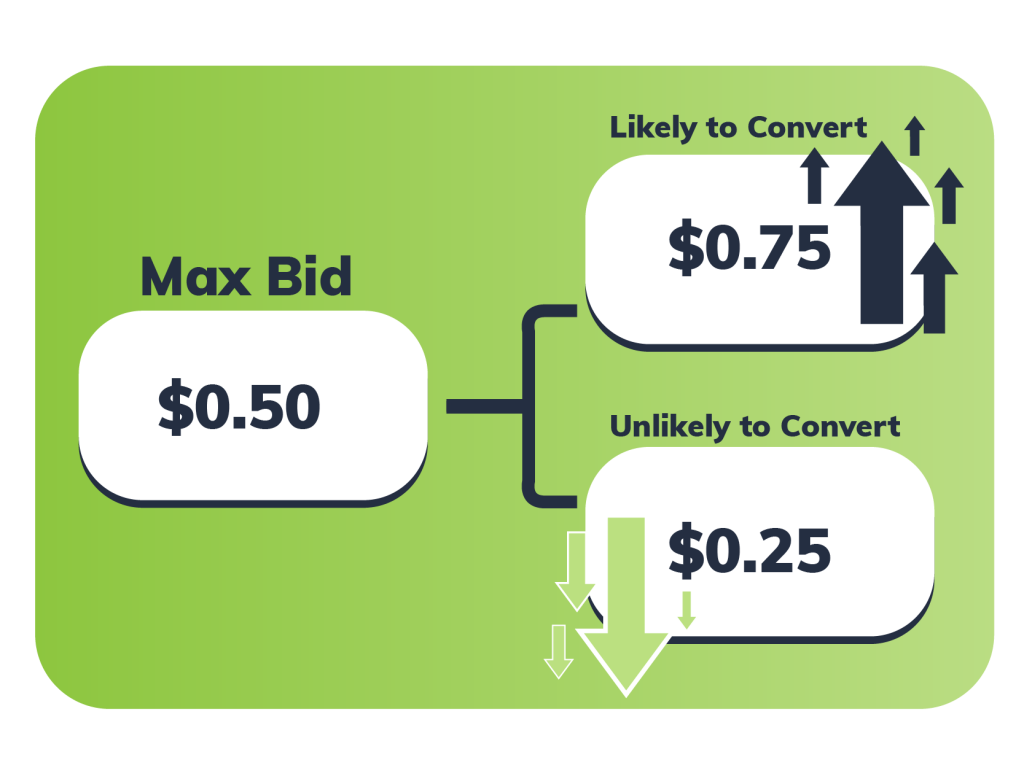

Should you use ECPC bidding?
Like Google’s other smart bidding strategies, we advise caution with eCPC. That doesn’t mean you shouldn’t ever use it – just that you should understand what you’re getting into before you design your entire ads strategy behind it. eCPC could lead to an increase in cost if Google regularly raises your bid above the level you were previously bidding.
AI and automated bidding can be great tools for managing accounts, however, Google doesn’t reveal all the information that goes into calculating bid adjustments. This lack of transparency and control is definitely something to be wary of — especially if you already keep a close eye on your ads and spend. It also can make it difficult to know how and why your ads are working. Consider these are all factors to consider before adopting this or any other smart bidding strategy:
- Is a bump in sales entirely attributable to an increase in bids, or is there something else driving the extra revenue?
- How can you be sure Google is raising bids on the correct auctions, or that you’re not missing out on important sales?
That said, eCPC has its place. If your industry has a lot of volatility in bidding, eCPC might be helpful in managing that volatility by making adjustments much closer to real-time than manual bidding (assuming you can tolerate an increase in cost.) It can also be helpful if you’re trying to break into a new market or product line, if the potential increase in ad spend is outweighed by the added value of a new customer.

What We Recommend
eCPC bidding isn’t always a bad thing—but it’s not a one-size-fits-all solution. Prior to any bidding optimizations, we always recommend building a product feed and campaign structure that will efficiently drive conversions. A stable, optimized product feed and a three-tiered campaign structure built around profit are likely to do much more to improve ad performance than just switching on an automated bidding strategy.
Ready to make the switch to actionable, transparent data? Speak with an analyst today!


